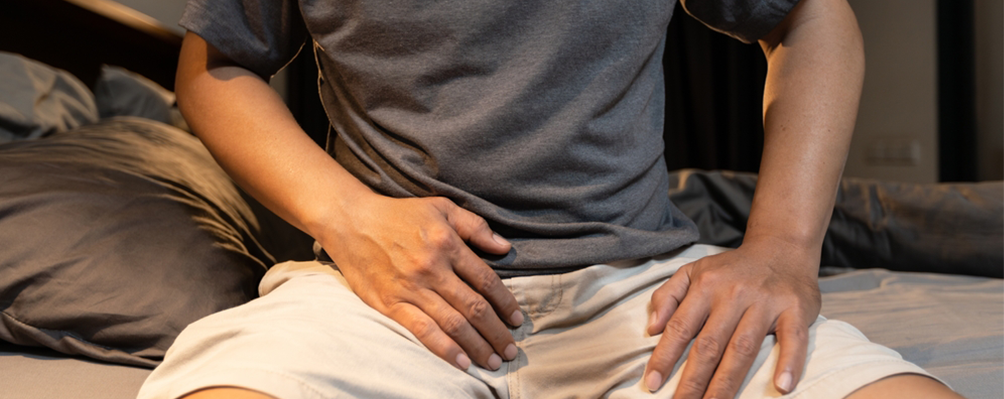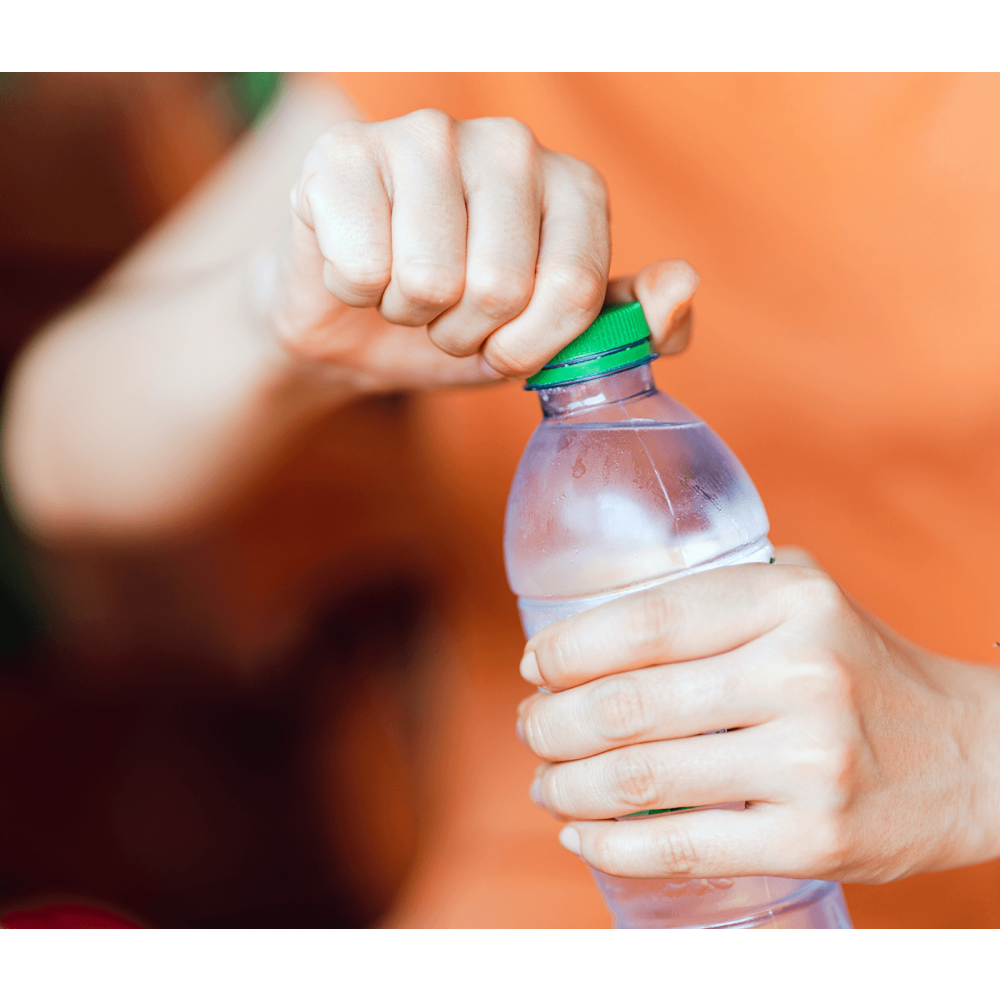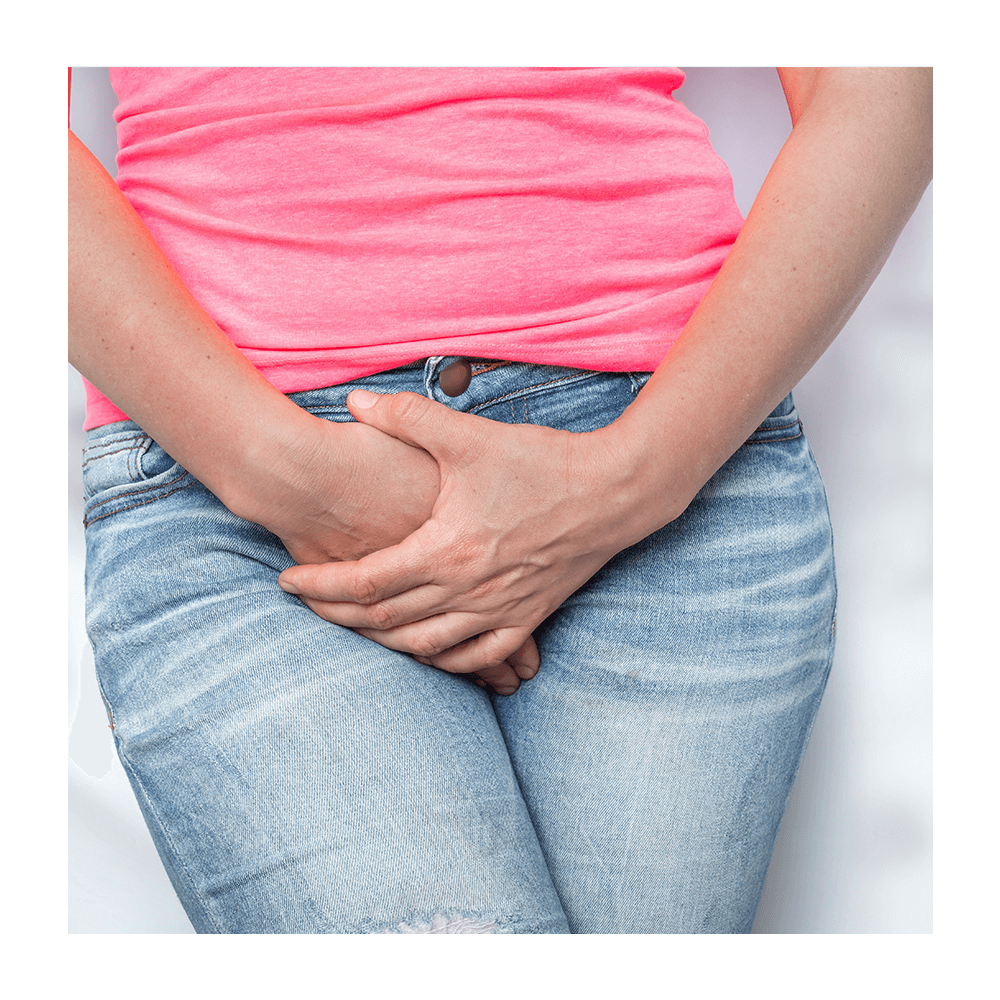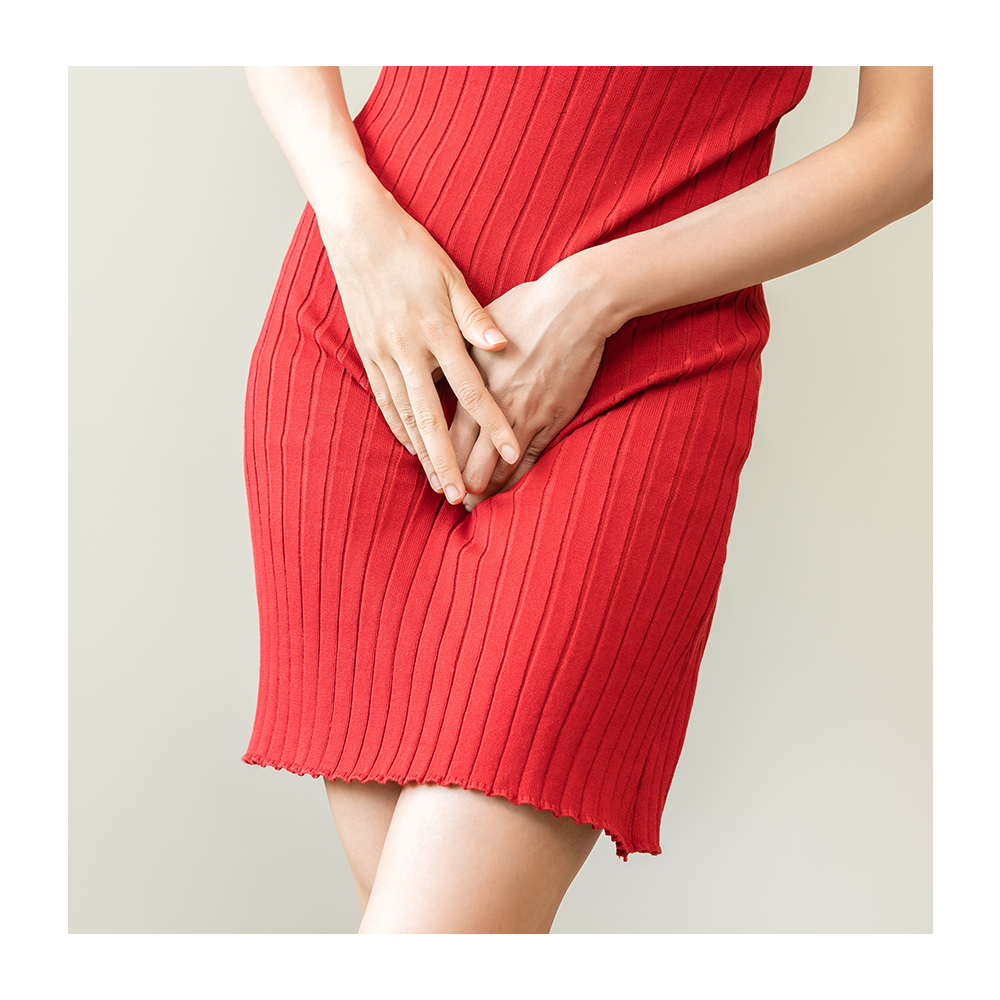What is night time incontinence, and how can I deal with it?
Do you or someone you know deal with nighttime incontinence? It's more common than you might think, affecting people of all ages. If you're an adult looking for discreet support, there are plenty of incontinence solutions available to help you manage your nighttime accidents.
In this Incontinence UK guide, we'll share some practical tips for nighttime accidents caused by incontinence so you can enjoy a drier, more restful sleep.
Why does nighttime incontinence happen?
Ever wonder why you might wake up to damp sheets? Don't fret, let's explore why nighttime incontinence, also known as 'nocturnal enuresis,' happens.
Overactive bladder
One reason for nighttime incontinence could be an overactive bladder, which means your bladder muscles get a bit too sensitive and may signal the need to go even when there's still plenty of room left.
Normally, your bladder gradually stretches as it fills with urine, but with an overactive bladder, you might feel sudden, strong urges to go more frequently.
Hormones and medical conditions
Ever noticed you produce less urine at night? Thank vasopressin, a hormone that helps slow down urine production while you sleep, giving your bladder a break.
Sometimes, though, things can go awry with vasopressin, leading to nighttime leaks, especially with conditions like diabetes or as we age.
Certain medical conditions can also play a role. Neurological disorders such as multiple sclerosis (MS) or Parkinson's can affect bladder function by damaging nerves.
Additionally, urinary tract infections (UTIs) can cause irritation and urge incontinence, where your bladder might empty on its own during sleep.
How to deal with nighttime incontinence
Now that we know what might be causing those nighttime accidents let’s see what you can do to make them less likely to happen.
Manage your fluids
- Try not to drink too much before bedtime. Aim to have your last big drink at least 2-3 hours before you go to sleep.
- Cut down on drinks like coffee and alcohol, especially in the late afternoon and evening, as they make you produce more urine.
- Stay hydrated during the day to avoid making incontinence worse. Drink plenty of water, especially in the morning and early afternoon.
Bladder habits
- Empty your bladder twice before bed, with a short break in between. This helps ensure you have as little urine as possible when you go to sleep.
- Do some simple exercises to strengthen your pelvic floor muscles. It can really help with bladder control if you keep it up over time.
- Try bladder training, where you gradually increase the time between bathroom visits during the day to help your bladder hold more urine.
Lifestyle habits
- Prop up your legs slightly with pillows while you sleep. It can help stop fluid from building up in your bladder and causing leaks.
- Avoid heavy or spicy meals close to bedtime, as they can irritate your bladder and make you feel like you need to go more often at night.
- Try to relax before bed. Stress can worsen bladder control issues, so try practicing deep breathing or meditation to help calm your mind and body.
Manage your nighttime incontinence confidently with Incontinence Shop
If you're struggling with nighttime incontinence and are looking for cost-effective solutions that improve your comfort and dignity, look no further than Drylife bed pads from Incontinence Shop.
If you want to make sure you never wake up with damp sheets again, our incontinence pads and pants offer reliable protection that minimizes discomfort and maximizes discretion.
And for prices lower than supermarket costs, Incontinence Shop is your best choice.
What's more, if you subscribe to your incontinence product of choice, you can enjoy 10% off every order and convenient doorstep delivery.







